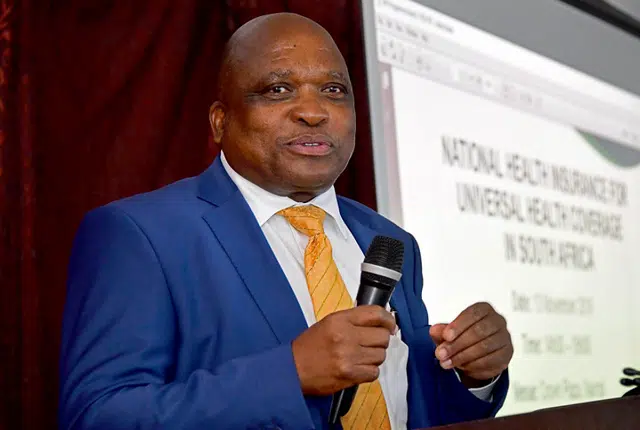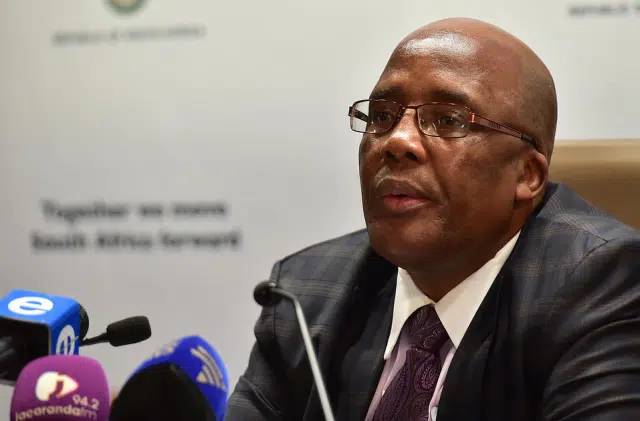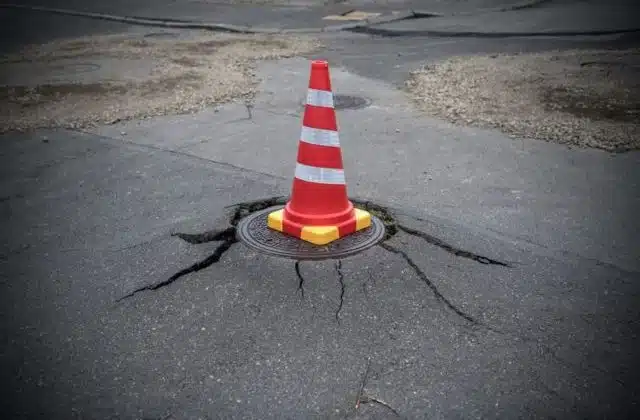
These hospitals are now exempt from load shedding in South Africa
The department of health has announced a number of initiatives to assist the healthcare sector through record rolling blackouts, including exempting hospitals from load shedding.
This follows industry figureheads calling for intervention as hospitals across the country are on life support, unable to help patients in critical conditions during blackouts.
The South African Medica Association (SAMA) said that there is a huge possibility that vulnerable people going into theatre, having a child at a hospital or in ICU could face serious complications because of load shedding.
The government was called to take action as quickly as possible.
In a media briefing on Friday (30 September 2022), health minister Joe Phaahla said that urban areas, including major metros, are being managed differently from rural areas.
He added that rural areas often rely on direct connections with Eskom, affecting the tactical methods of exempting certain hospitals; however, in major metros, entities such as City Power that sell the electricity on behalf of the power utility have been approached more easily.
His department, in partnership with municipalities, plans to implement direct feed-in lines to certain hospitals. In instances where the local government supplies electricity, direct lines will be put in place, Phaahla said.
The health minister noted, however, that these initiatives to reform electricity supply for hospitals, certain exempt areas, or lay cables will come at a cost that is still to be determined and addressed in collaborative meetings with provincial governments and Eskom.
“We need to reprioritise our budgets, especially what is allocated to infrastructure,” said the minister.
In determining what hospitals are exempt, Phaalha said that his department would look at:
- The number of patients treated at the hospital
- The type of specialisation practised at the facility
- The technology within the facilities
Gauteng, for example, has a high number of exempt hospitals as it carries almost a quarter of the national load on health services. The province also has three medical universities and central hospitals that carry a lot of responsibility.
With this in mind, there will be a prioritisation of central hospitals that are key to referrals of life-threatening cases, complicated patients or require specialisation, said Phaahla.
The focus will also be put on 24/7 facilities; regional hospitals and clinics will be allocated certain timeframes for electricity supply.
The department is in conversation with the National Treasury to discuss the department’s budget. Phaahla added that some health facilities have already exhausted what they have budgeted as they have been trying to keep the lights on themselves. He said that these are unforeseen circumstances.
Phaahla listed the following hospitals as exempt:
Gauteng:
- Charlotte Maxeke Johannesburg Academic Hospital
- Helen Joseph Hospital
- Steve Biko Academic Hospital
- Pretoria West Hospital
- Tshwane District Hospital
- Mamelodi Regional Hospital
- Bronkhorstspruit Hospital
Free State:
- Pelonomi Regional Hosiptal
KZN:
- Harry Gwala Regional Hospital
- Greys Hospital
- Ladysmith Hospital
- Prince Mshiyeni
- R. K Khan Hospital
- Inkosi Albert Luthuli Central Hospital
- King Dinuzulu Hospital Complex
- KZN Children’s Hospital
- Mahatma Gandhi Memorial Hospital
- Osindisweni Hospital
- St Aidan’s Hospital
- Addington Hospital
- Clairewood Hospital
Limpopo:
- Polokwane Mankweng Hospital Complex
- Lebowakgomo Hospital
- Dilokong Hospital
- Mecklenburg Hospital
Eastern Cape:
- Frere Hospital
- Elliot Hospital
- Livingstone Port Elizabeth Hospital
- Uitenhage Hospital
Western Cape:
Mpumalanga:
North West:
Northern Cape:
The health minister added that more work needs to be done in certain provinces, and South Africans can expect for more hospitals to be exempt.



